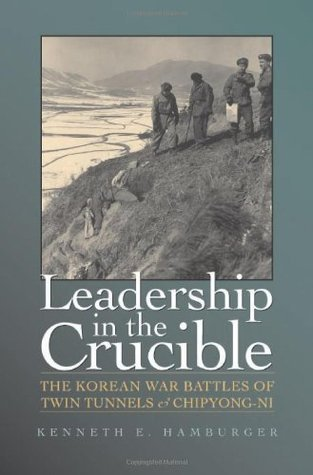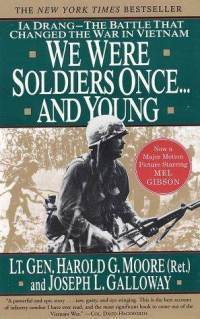Ira Hayes by Tom Holm
A simple review does Author Tom Holm's Ira Hayes no justice.
The retired professor from the University of Arizona thoroughly showed his training for this book, dating to his childhood with his family on the Oklahoma Cherokee Reservation. Holm demonstrated a strong ability to research the various related newspaper articles, get what interviews he could, and write it all very well. These pages, words, paragraphs didn't want to let me go.
Fascinating hardly covers it. If you have any interest in this Pima-Marine warrior, Native Americans, and all the forces around them: read the book. Holm is a former Vietnam Marine, and that experience added further depth to this book.
Tony Curtis and Adam Beach played Ira Hayes in movie versions, and Johnny Cash's The Ballad of Ira Hayes caught the attention of young people, including me at the time, to feed an interest in learning about this man. Hayes was also one of the Marines helping to raise the flag atop Mt. Suribachi on Iwo Jima in WWII. He is the last one on the left, with empty hands that helped push the flag, and its pole, skyward. There was a lot of controversy in correctly naming those six for the famous photograph, and Hayes was right in the thick of all of that, too. That Joe Rosenthal Associated Press photo is permanently enshrined in the Marines Memorial statue in Washington, D.C.
Sorry, but there's too many events, and not enough time or space here to nail it all down. You should seek out the book if any curiosity has a grip on you.
posted by mmblog @ 6:06 AM
0 comments
![]()
![]()








